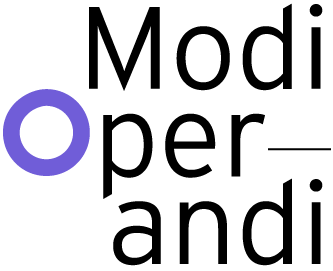In denial of death – The effects of a changed perspective towards death on configuration of the city
Abstract: Initiated by the observed shift in the perspective on death, through the separation of territories of the dead from the living in the city of Mashhad in Iran, this essay elaborates on consequences of these relational changes within architectural and urban design. Through a sociological inquiry, it is established that the modernization and specialization of cities was a driver for this shift, and that the medicalization of society has resulted in the current view on death as a failure of life. By analyzing the configuration of cities through an anthropomorphic lens, the modern city is understood as a post-human body: fragmented, extended and ever-becoming. In this body, the cemetery functions as an autonomous fragment. Through a case study of two architectural projects and the fact that death is inherent in all life, it is concluded that the crux of dealing with death in future cities could lie in the notion of extension: being part of daily life, yet at a distance.
Keywords: death, territory, extension, anthropomorphology, assembly, post-human body
